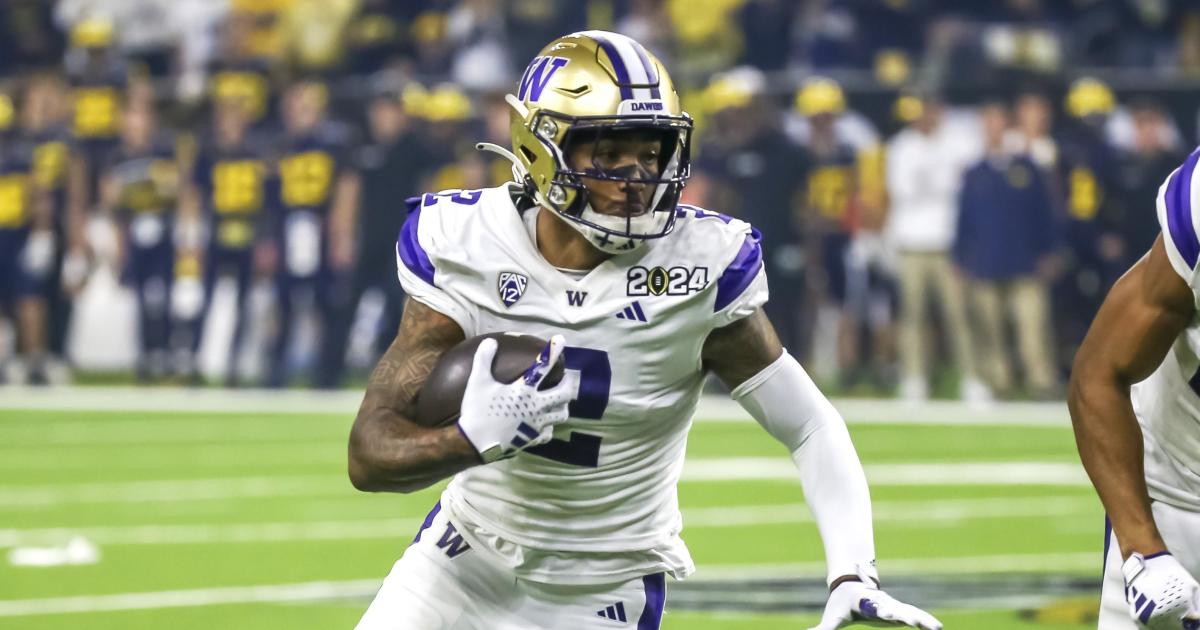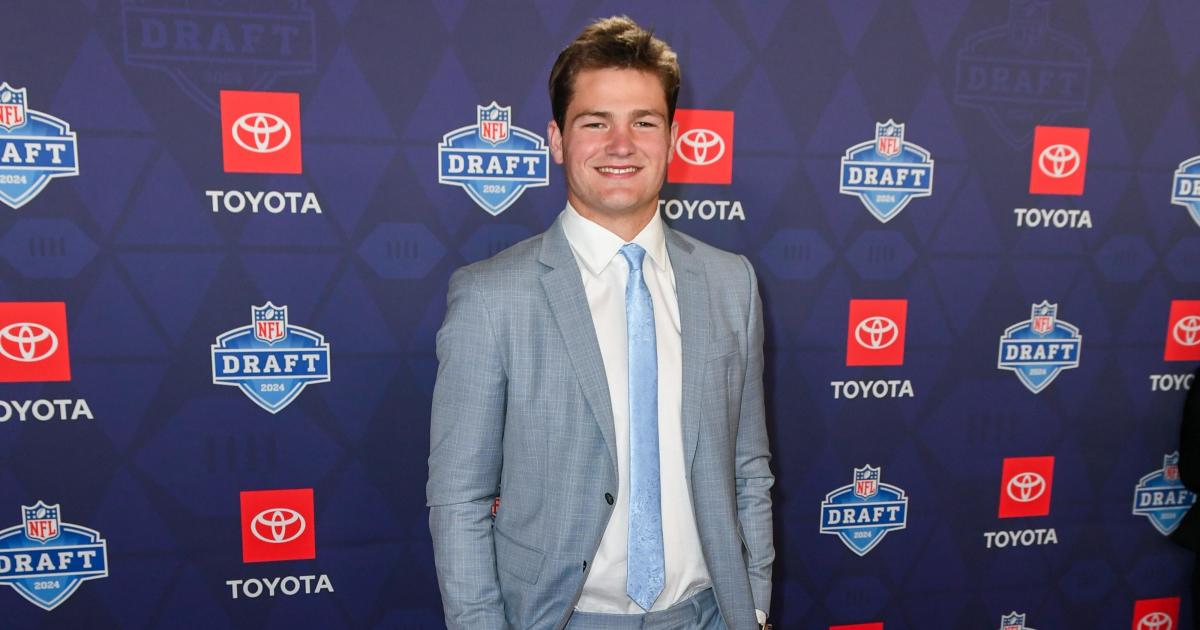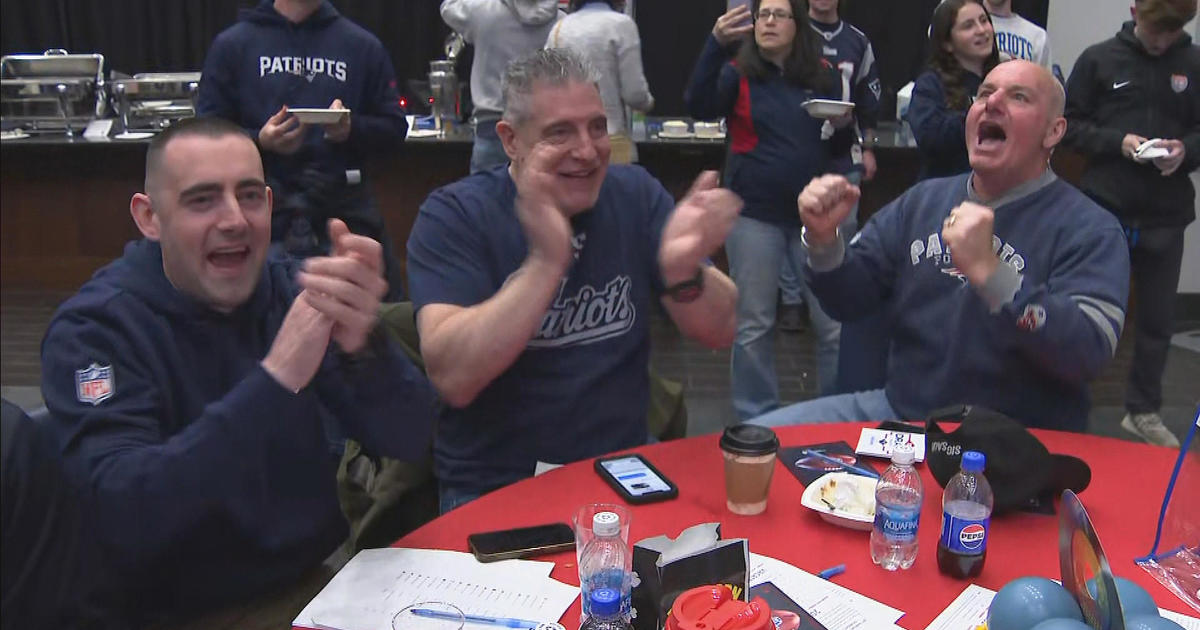'Spygate' Didn't Really Help Patriots Win Games, According To New Study
BOSTON (CBS) -- Spygate. Spygate. Spygate.
Cheatriots. Belicheat.
Spygate, Spygate, Spygate.
That is pretty much all Patriots fans have heard when discussing their favorite team in Internet forums, on comment sections and in social media over the past seven-plus years. It stems, of course, from Eric Mangini ratting out Bill Belichick for filming coaches on the sideline during games, and the NFL in turn punishing the Patriots.
Despite the fact that anyone with some semblance of an ability to understand the way things work would be able to discern that looking at people who are standing in plain view would provide no real impactful advantage to a football team, the idea that the Patriots' success was founded entirely on cheating and knowing special secrets persists to this day. If you don't believe me, just ask Kurt Warner and Marshall Faulk. (Seriously, those guys have some issues, man. You guys got punched in the mouth and you lost, fellas!)
You can also ask John Harbaugh, you can ask Antonio Smith, you can ask a random Colts coach, you can ask some "author," and you ask a billion people on the Internet at any given moment. They will all say "Spygate" at varying volume levels.
Anyway, in the wake of dumbass cornerback Cary Williams referring to the Patriots as cheaters this summer, Neil Paine over at FiveThirtyEight decided to dive into the numbers and try to figure out if "Spygate" really provided the Patriots with an advantage.
The short answer: No, it did not.
The basic research: The Patriots won 69.3 percent of their games while they were presumably taping signals; they have won 75.6 percent of games since they were forced to stop.
The nitty-gritty: Paine looked at the Patriots' offensive success relative to their expected output when facing a team for the second or third time in a season. The reason for this method is because the Patriots were caught taping opponents' defensive signals, and film couldn't be analyzed until after the game, so any information gleaned would only help the offense in a rematch.
The result: The Patriots scored 2.4 points more than expected before the Spygate scandal. After the scandal? The Patriots performed the exact same -- 2.4 points better than expected.
"That means," Paine wrote, "New England's offensive overachievement was more likely due to great coaching and quarterback play, which persisted across both eras, than to any illicit edge."
However, Paine did find one wart in the "Spygate-did-nothing-to-help-the-Patriots" argument, and it lies in the team's postseason record (12-2 prior, 6-6 since). However, in the repeat-opponent framework set above, "there hasn't been any difference -- significant or otherwise -- in the Patriots' offensive performance since the league mandated the team stop taping opposing play calls."
This here is, of course, a digest, and if you want a full understanding of the study, you should read the whole thing at FiveThirtyEight. And while you're at it, if you're a Patriots fan who engages in many discussions that get halted by "Spygate Belicheat Cheatriots!" comments, you might want to bookmark the page while you're at it. Anyone foolish enough to still be banging that drum will surely end up being so confused by that story that you'll be able to dole out intellectual beatdowns whenever you'd like. And you can send your thank you cards to @Neil_Paine.
Read more from Michael Hurley by clicking here, or find him on Twitter @michaelFhurley.
MORE PATRIOTS COVERAGE FROM CBS BOSTON



